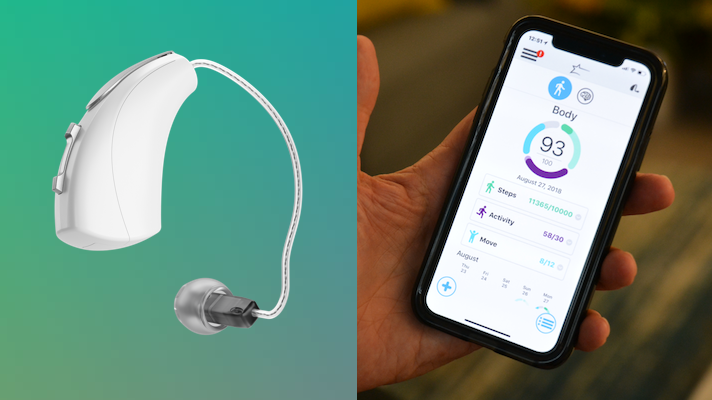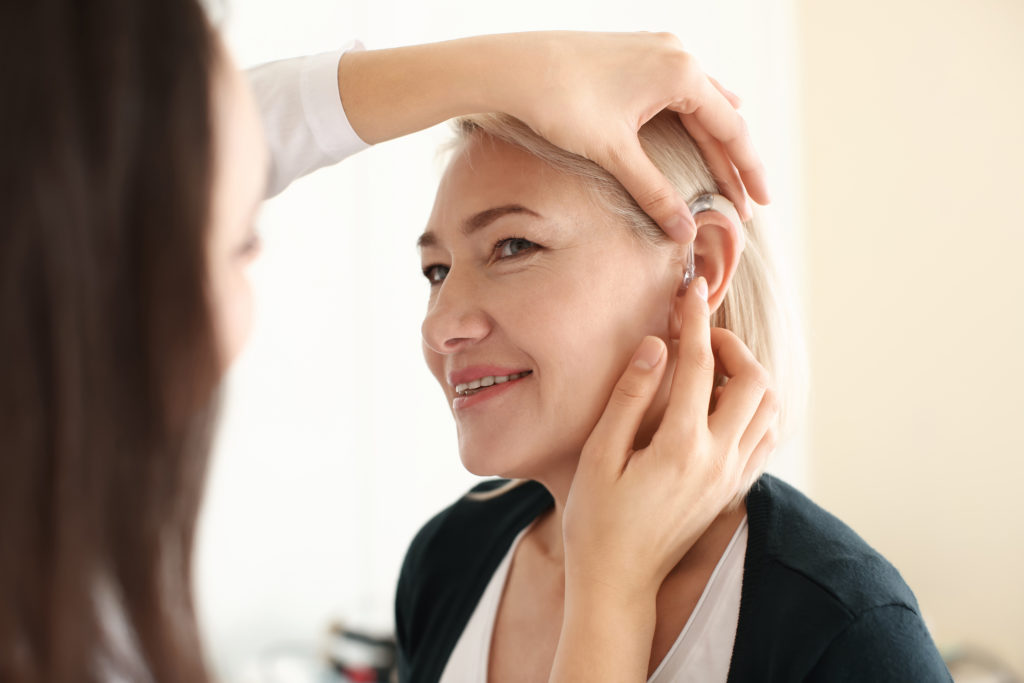 By Neil W. Aiello, Au.D., FAAA
By Neil W. Aiello, Au.D., FAAA
Doctor of Audiology, Columbia Basin Hearing Center
With increased longevity in today’s society comes a corresponding increase in the incidence of hearing loss, dizziness and balance problems. Each of these conditions are common among the senior population. Some revealing statistics from the National Institute on Aging include:
- Approximately one-third of Americans between the ages of 65 and 74 have hearing problems.
- Nearly half the people who are 75 or older have hearing loss.
- As many as 40% of all adults will experience dizziness severe enough to warrant reporting it to their doctor.
In fact, according to the National Institutes of Health, over 90 million Americans will experience dizziness or vertigo in their lifetime. Dizziness or vertigo is the #1 complaint of patients over the age of 70, and is the third most frequent complaint among all patients after headache and back pain. Approximately 85% of all vertigo and balance problems are due to an inner-ear incident.
Hearing loss can have many causes including aging of the auditory system, overexposure to loud noises over a period of time, infections, ear wax buildup in the ear canal, heart conditions or stroke, head injuries, tumors, certain medicines and heredity.
Common symptoms of hearing loss include being able to hear people talking, while still having difficulty understanding them, struggling to hear conversations clearly in background noise or in group situations; having difficulty hearing over the telephone or needing to turn the TV volume higher so that others complain. These voids of sound are the result of some form of hearing loss, either temporary or permanent.
Dizziness is a symptom with a multitude of possible causes. The most common causes are related to the inner ear; therefore, referral to a Doctor of Audiology is recommended. Other causes include central nervous system problems in the brain and/or brainstem, heart conditions, medications, as well as infections of the inner-ear or vestibular nerve. Telling your Doctor when your symptoms began, when they are most likely to occur and exactly what they feel like will help your Doctor in conjunction with your Audiologist develop a more accurate diagnosis.
Doctors of Audiology are highly trained para-medical professionals who identify, assess, and rehabilitate disorders of the auditory, vestibular, and other neural systems. Audiologists provide complete diagnostic and rehabilitation services to children and adults across the entire age span. Audiologists determine the exact needs of each individual, and then fit hearing systems such as digital hearing aids and assistive listening devices to help improve their sense of hearing. Doctors of Audiology hold advanced degrees from accredited universities or professional schools. If you or your loved one suffer from hearing loss, vertigo or balance problems, consult your local Doctor of Audiology.





